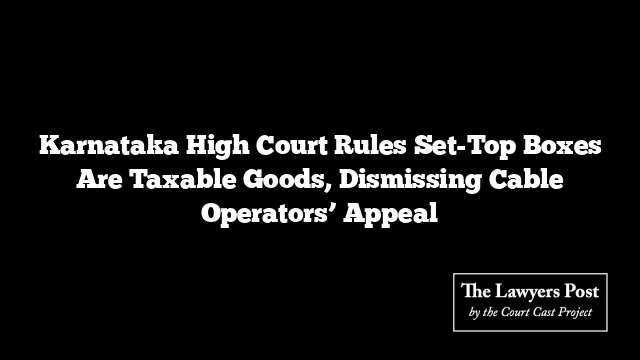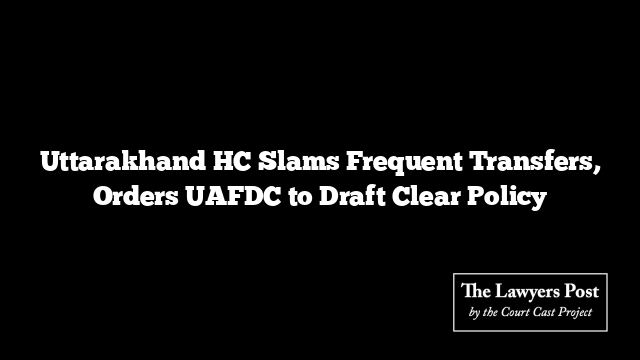The Supreme Court has established key principles determining when a second First Information Report (FIR) can be registered in relation to the same incident or a connected set of circumstances.
The case involved Surendra Singh Rathore, Chief Executive Officer-cum-Project Director of Rajasthan’s Bio-fuel Authority, who was accused of demanding bribes. The court laid out five specific conditions where a second FIR is permissible:
- If the second FIR presents a counter-complaint or an alternate version of the facts from the initial FIR.
- If the scope of the second FIR differs from the first, even if they arise from the same circumstances.
- If further investigation uncovers a broader conspiracy tied to the original case.
- If new evidence or unknown details emerge after the first FIR.
- If the second FIR pertains to a separate incident, even if the offenses are similar or related.
The case in question stemmed from allegations that Rathore sought ₹2 per litre in bribes for bio-diesel sales, amounting to ₹15 lakh per month, plus ₹5 lakh for license renewals. An initial FIR (No. 123 of 2022) was filed under the Prevention of Corruption Act, relating to an alleged bribe demand on April 4, 2022.
A second FIR, filed on April 14, 2022, covered alleged bribes between September 30, 2021, and April 12, 2022, based on a complaint by a constable from the Anti-Corruption Bureau. The Rajasthan High Court dismissed this second FIR, ruling it an abuse of legal process and stating that prior permission was necessary for an investigation.
However, the Supreme Court overturned this decision, emphasizing that the second FIR addressed a broader issue of systemic corruption. The court ruled that quashing it would hinder the investigation into widespread malpractice, ultimately working against public interest.





